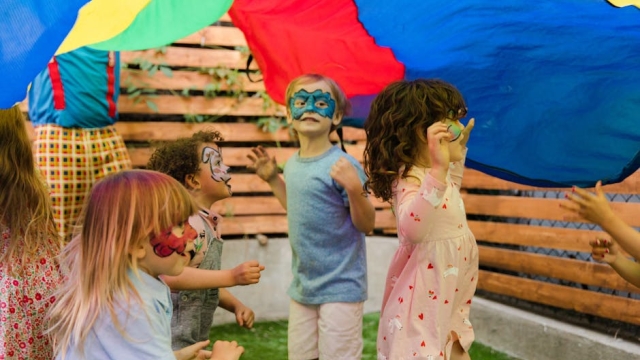
Embracing Tradition: A Guide to Funeral Services in Singapore
Funeral services in Singapore play a significant role in honoring and memorializing the life of a loved one who has passed away. These services, deeply rooted in tradition and cultural practices, serve as a final send-off that carries great importance within the community. Understanding the customs and rituals associated with funeral services in Singapore is essential for navigating this sensitive and meaningful process with respect and mindfulness. Whether a traditional ceremony or a modern approach is chosen, the primary goal remains the same – to provide a dignified farewell and support to the bereaved family and friends.
Traditional Funeral Rites
In Singapore, traditional funeral rites hold deep cultural significance. These rituals are steeped in tradition and are seen as a way to honor the deceased and pay respects to their ancestors. One common practice is the setting up of an altar adorned with offerings such as food, incense, and candles.
Family members and friends often gather at the wake to provide comfort and support to the bereaved. During this time, prayers are recited, and incense is burned as a way to guide the spirit of the departed to the afterlife. The sharing of memories and stories about the deceased is also a customary practice during the funeral service.
Funeral processions in Singapore are a solemn affair, with mourners following the casket to the final resting place. The sound of chanting and ritualistic music fills the air as a sign of respect for the departed. After the burial or cremation, a meal is often shared amongst the mourners as a way to bring closure to the funeral proceedings.
List of Funeral Services in Singapore
Modern Funeral Options
When it comes to modern funeral services in Singapore, there is a growing trend towards eco-friendly alternatives. Many families are now opting for environmentally sustainable options such as biodegradable urns, natural burials, and tree planting ceremonies as a way to commemorate their loved ones in a more eco-conscious manner.
Another popular modern choice is the use of technology to enhance the funeral experience. Livestreaming services allow distant family and friends to participate in the proceedings virtually, ensuring that no one is left out, regardless of their location. Additionally, digital memorial platforms provide a space where memories, photos, and messages can be shared, creating a lasting online tribute to the deceased.
Personalization is also key in modern funeral services. Families have the flexibility to tailor the ceremony to reflect the unique personality and interests of the departed. From themed decorations to customized music playlists, modern funeral options offer a way to celebrate a life in a meaningful and memorable manner.
Cultural Considerations
In Singapore, funeral services are deeply rooted in cultural traditions, reflecting the diverse tapestry of the nation. Different ethnic groups, such as the Chinese, Malays, Indians, and various other communities, have unique beliefs and customs surrounding death and mourning. It is essential to be sensitive to these cultural nuances when arranging a funeral service for a loved one in Singapore.
Funeral services in Singapore often incorporate rituals and practices specific to each culture. For example, Chinese funerals may involve burning incense, offering prayers, and adhering to specific mourning periods. On the other hand, Malay funerals typically follow Islamic traditions, including washing the body before burial and reciting prayers from the Quran. Understanding and respecting these customs are crucial in ensuring a meaningful and respectful funeral service.
Beyond religious and cultural practices, family dynamics and hierarchies also play a significant role in funeral services in Singapore. In many cultures, the eldest son or daughter may hold a central role in making decisions and coordinating the funeral arrangements. It is important to communicate effectively with family members and designated leaders to ensure that the funeral service aligns with the cultural traditions and wishes of the deceased and their loved ones.



